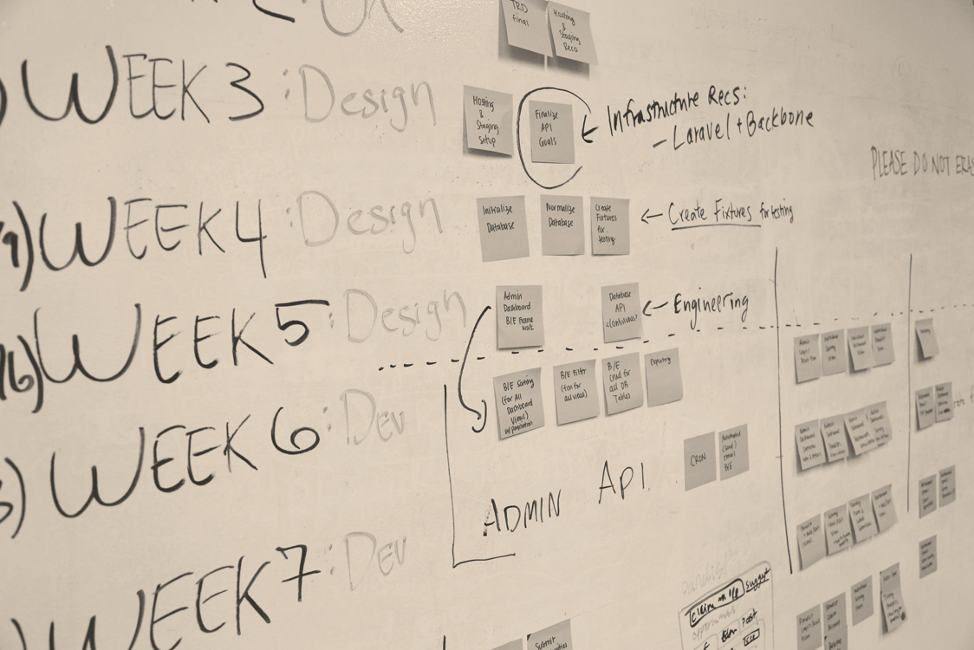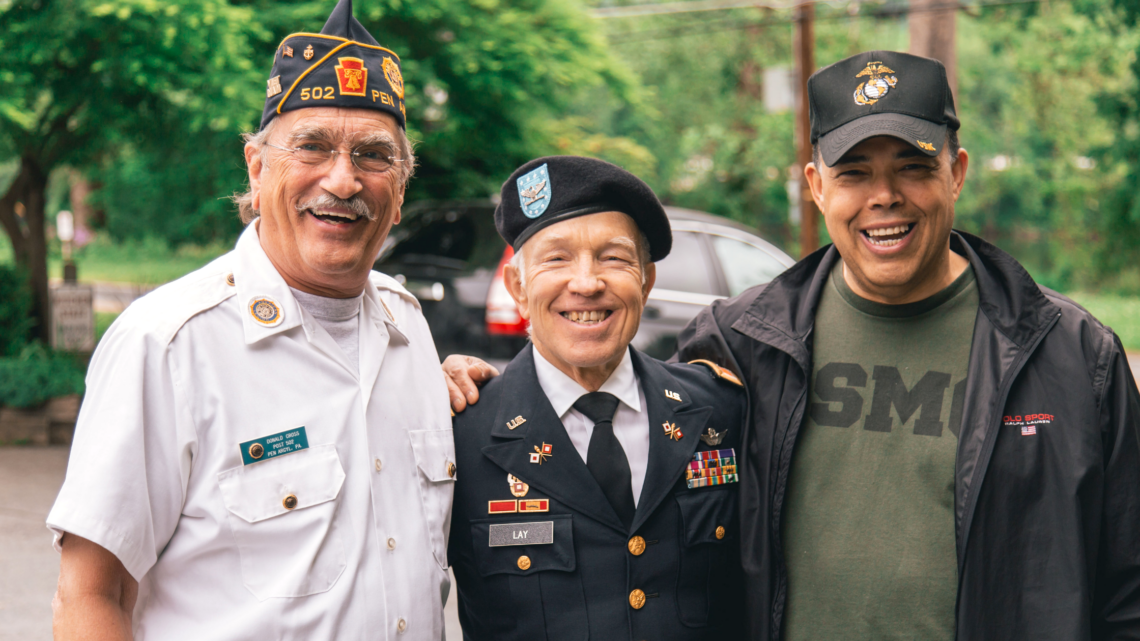Military to Civilian Career Transition Tips
This article was written for Hundred Acre Consulting by Veteran, Daniel Klein. Daniel transitioned from being an active duty Captain in the Army to a successful small business owner in the civilian world.
Making the move from the military to civilian life is, well… difficult. Here are some tips to help your career transition go smoothly and be less stressful.
The Approach
You’ll need a few things to get started on your transition journey, and I’d ask you to think of this “mission” to transition successfully into the civilian world exactly as though it were a mission to deploy somewhere in the theater. Okay? So think of the two as the same, and plan for both in the exact same way.
By this, I mean to be organized, have planning documents, research, and war-game your ideas.
So to do this, I’d also ask you to crack open your old manuals and re-research MDMP and FM 2.0. These guides will help you both plan, organize, and gather information about “the battlefield” (aka the job market). Follow these FMs as your guides to understand where you’d like to get a job, the roles you’d like to fill, and what things these companies are looking for in their team members.
NOTE: Intelligence gathering in the job market (just like in ‘the stan’) is HUGE and wildly important to successfully landing the right job quickly. Use the planning and organization techniques you were taught in the military to plan your “attack” on the job interview. It’s the exact same thought process and framework, but the terms are just different. That’s it, otherwise it’s exactly what you’ve been doing.
The Attitude
Businesses these days are SUPER excited to hire veterans, BUT at the same time you need to realize that they are super misinformed about what you’ve done, they’re very nervous about having you on the team, and your past is 100% unrelatable to them. Sorry, but that’s just the way it is.
So how do you succeed here? First, take your resume to a professional resume writer so you can translate your past experiences into terms civilians can understand. When you do this, ask them to focus on the outcomes you created. Use the STAR method (situation, task, action, result).
HINT: use the STAR method to answer your interview questions too
So…
- Don’t use jargon
- DO focus on the money, property, and personnel you oversaw
- DO refocus interview questions back to how you understand the principles and frameworks civilians use.
Example interview question: “We’re really looking for someone who’s been a manager with direct reports before and I don’t see that on your resume.”
Example answer: “Actually, the [insert branch] sent me to years’ worth of full-time schooling where I was formally taught the art of leadership and tested on my abilities often. There, it was my full-time job to learn to be a leader and guide others to a common goal. I both had to lead direct reports, and more importantly influence non-direct reports, to ensure we all were successful. I was able to make this happen time and time again because of my training and experiences. Would you like some specific examples?
Execution
The most important thing you can do in your job search … is interview back. This is 100% as much about finding a good fit for you as it is the employer finding a good candidate. Don’t be miserable, and DO look for an opportunity that fits your goals and dreams. Don’t settle, and if you’re not qualified, look for the opportunities that will help you get qualified quickly.
Most importantly, reflect on how your plan is going and make changes throughout your execution phase to refine your approach to get better results. If you’d like to research this more, go check out these acronyms; OODA, PDCA, PDSA.
Let’s focus on PDCA (plan, do, study, act) here briefly. This is a methodology that helps us improve over time and evolve our approach, so we get better results. For example; plan to take a phone interview, do the interview, study what went right and what went wrong, then act by making a list of corrective items to improve on the things that didn’t go well while reinforcing the things that did go well.
Getting a job is really about building a “machine” where you pour job opportunities into the top of the machine and a few offers spill out of the bottom for you to pick through. Think of all of this as you needing to build this “machine” and your objective is to gather and assemble all the parts and attributes this machine would need in order for it to function properly.
You already have the skills and tools you need to land a great job! Don’t lose your mind when you get out there and forget your training, just go back to the basics, use your manuals, and improve over time.




















































